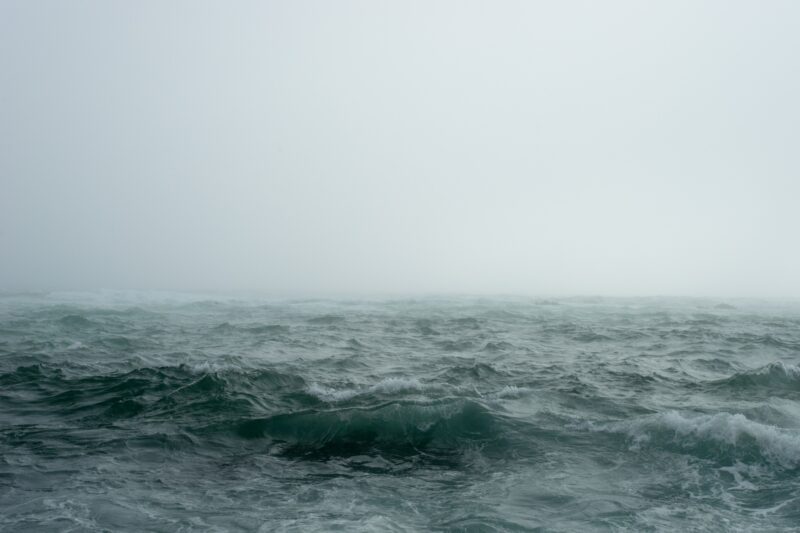Global warming implications for a Small Island State like Trinidad and Tobago - an intersectional discussion
| 30 Aug 2019 | |
| 15:00 - 18:00 | |
| Normandie Hotel, St Ann’s, Port of Spain, Trinidad and Tobago |
The world is on track to warm by 3°C by the end of the century under its current emissions trajectory. What does this mean for Trinidad and Tobago as both a small island developing state highly vulnerable to the impacts of climate change and with an economy highly dependent on oil and gas revenue and subsidies?
Share

The world is on track to warm by 3°C by the end of the century under its current emissions trajectory. What does this mean for Trinidad and Tobago as both a small island developing state highly vulnerable to the impacts of climate change and with an economy highly dependent on oil and gas revenue and subsidies? This discussion brings together experts in climate science and the international climate change negotiations as well as local community actors and artists who have been raising awareness.
Global temperatures have already risen by 1°C above pre-industrial levels, affecting the livelihoods of millions via massive droughts, heatwaves, flooding and more extreme weather events. Trinidad and Tobago and the rest of the Caribbean region have not been immune. Recent category 5 hurricanes and massive flooding by unprecedented rainfall events attest to the ongoing vulnerability of Trinidad and Tobago and other Small Island Developing States (SIDS) to the impacts of climate change. The recent Intergovernmental Panel on Climate Change (IPCC) special report on the impacts of 1.5°C of warming calls for immediate action to halve the amount of carbon dioxide emissions globally from 2010 levels by 2030, and to ensure that carbon dioxide emissions reach net zero by 2050. These actions are needed in order to deviate from the current emissions pathway which would result in an increase in average global temperatures of at least 3°C by the end of the century and unleash the most dangerous impacts of global warming.
What does this mean for Trinidad and Tobago as both a small island developing state highly vulnerable to the impacts of climate change and with an economy highly dependent on oil and gas revenue and subsidies? This discussion brings together experts in the field of climate change and the international climate change negotiations, with local actors that have been raising awareness in their respective fields, through film, the arts, and at the community level. The discussion is organised in partnership with The Institute for Small Islands and Climate Analytics gGmbH, with the assistance of the Ministry of Planning and Development, Global Villages 360, Sustain T&T, and the IAMovement.
PROGRAMME
Part 1 – Setting the scene
Institute for Small Islands – Introduction
Climate Analytics – Climate negotiations
Climate Analytics/ Trinidad and Tobago Meteorological Office – Observed impacts in Trinidad and Tobago
Ministry of Planning and Development – National Context of Climate Change Action
Part 2 – Local Action
Roundtable Discussion. Questions for reflection: (i) How can local awareness/understanding be improved on the issue of climate change? (ii) What measures can be taken to improve the resilience of Trinidad and Tobago to the impacts of climate change? (iii) How can individual citizens make a difference on the issue of climate change?
Moderator:
Ardene Sirjoo, Trini Good Media
Panellists:
Green Screen Trinidad & Tobago/Sustain T&T
Local Artist
Global Villages 360 (NGO)
Caribbean Youth Environment Network
IAMovement
Part 3 – Closing, discussion on way forward
Caroline Mair Toby, Institute for Small Islands